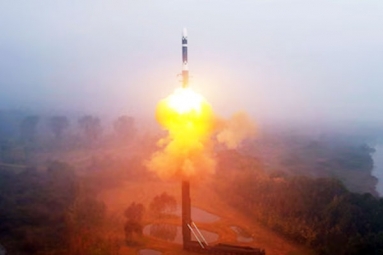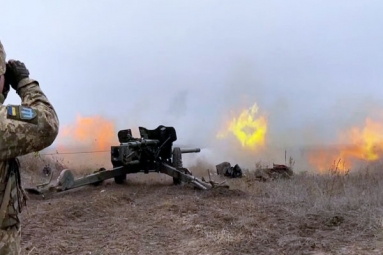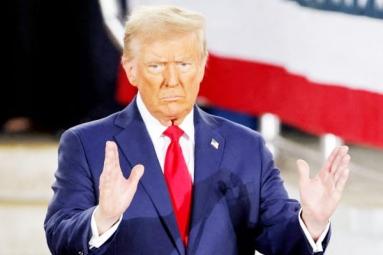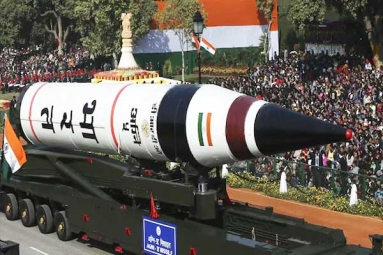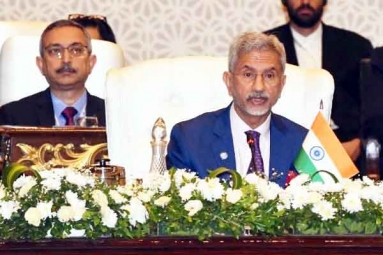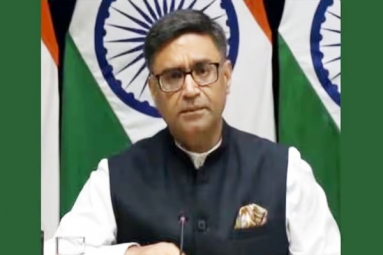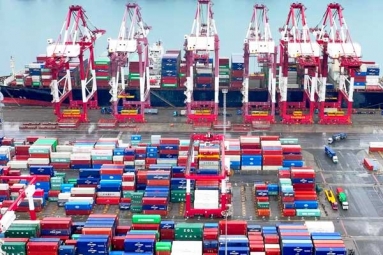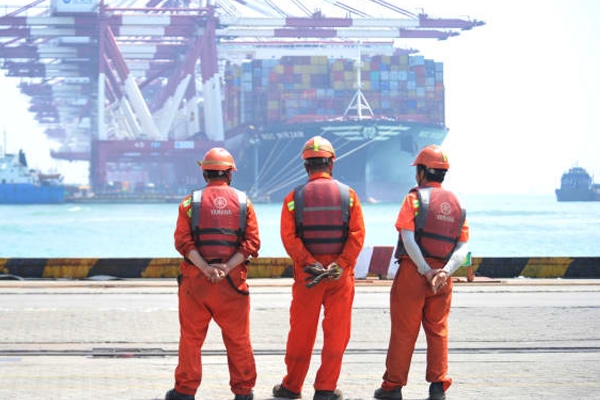
(Image source from: cnbc.com)
With the ongoing clashes that US and China have collectively experienced over the past months over trade disputes, the Covid-19 outbreak further added to the mix. United States reported that they are going to impose some rules on the exports to China to keep a check on the semiconductor production equipment and other technology away from the reach of Beijing’s military force.
As per the new rules, it will require licenses for some of the US Companies dealing with Chinese exports that support the military, even if the items are for the civilians. These decisions come after a deterioration in the relationships between China and US amidst the Covid-19 outbreak.
The rules were primarily posted for public inspection and will later be published in the Federal register on Tuesday. This might end up affecting the semiconductor industry and the civil aviation parts sales that are exported to China.
These changes are also expected to leave behind its impacts on both Russia and Venezuela. But, the most impact is going to be on the Chinese trade.
"It is important to consider the ramifications of doing business with countries that have histories of diverting goods purchased from US companies for military applications," Wilbur Ross, Commerce Secretary exclaimed.
One of the most popular Washington trade lawyers, Kevin Wolf said that this new rule or law was implicated for China to its military-civil infusion under which they find military applications under civilian items.
“The regulatory definitions of military use and user are broad and go beyond purchases by entities such as the People's Liberation Army,” Wolf further said.
"A military end-user is not limited to military organization. A military end-user is also a civilian company whose actions are intended to support the operation of a military item," he said.
The rule also expects the US companies file declarations dealing with any kind of exports to China, Russia or even Venezuela.
Wolf exclaimed that this new rule is expected to provide US with more visibility into the types of goods that the US exporters are sending to these countries in question.
Another rule change that US imposed is elimination of the civilian license exchange for both the Chinese importers and nationals. This includes some of the other countries including Russia and Ukraine. These exceptions have been imposed in some of the industries including integrated circuit, high end computers and even the telecommunications equipment.
The third proposed rule that US implemented force some of the foreign companies that are selling US items to seek permission and authority of the sale not just from their own country’s government but also from the US government.
The Commerce Department is still unsure about the economic impacts the rules on the re-export would have and will require some period of time before they can comment on it.
These tightened restrictions have been in place since last year but it was finally in late March that all the senior officials were okay to move ahead with this.
Some of the exporters in the affected industries like the semi-conductor industries have said that the unnecessary expansion in these export controls are likely going to affected the businesses and create a lot of uncertainty for the industry.
By Somapika Dutta






